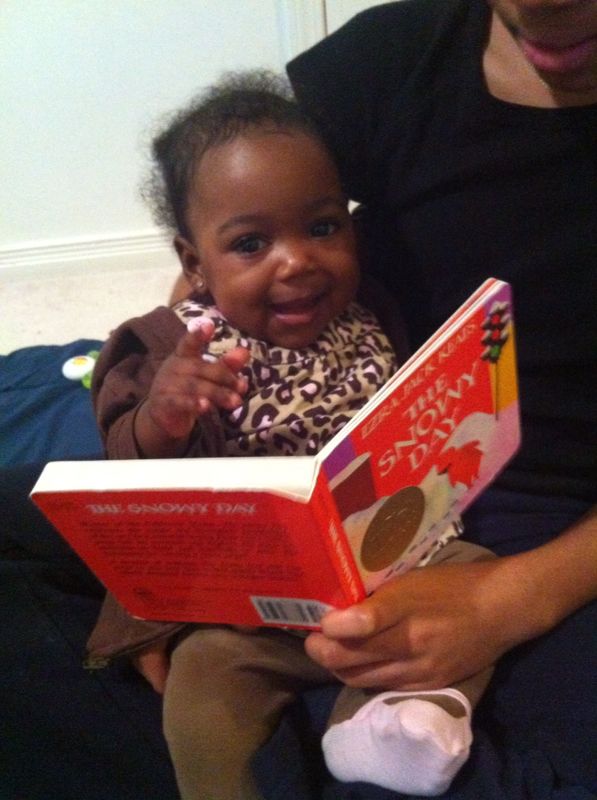A quick overview for you about STEAM, taken from the Decoda website.
Why Focus on STEAM?
- The education system is focusing on developing students in the areas of STEM for a growing variety of careers.
- There are more STEM related job openings than graduates in STEM-related degrees.
- Knowledge from STEAM disciplines is increasingly required in jobs at all levels.
- STEM-related fields are linked to scientific leadership in the world and economic growth.
Why STEAM?
- Individuals in STEAM-related fields can’t comprehend complex texts without essential literacy skills.
- STEAM-related fields are engaging and offer a wide variety of books and resources.
- STEAM and literacy incorporate problem solving, vocabulary building, communication skills, critical thinking, reading, and writing.
- Functional literacy is essentials to keep up to the modern world.
Through STEAM Children are Learning…
- To communicate, cooperate, and collaborate
- To construct knowledge and solve problems in creative ways
- How to ask question, make plans, predict outcomes, observe closely, and make inferences
- About physical properties, movement, and forces that affect materials and objects
- About changes that occur in; and environmental needs of the world around them
- About patterns and relationships
- How actions may cause changes
- About number and operations
- About Spatial relationships & dimensional properties
- Organizational skills to gathering information and organize it in a useful way
- Leadership skills
- Children are naturally curious and motivated to explore the world around them!
Why STEAM and the Family?
- Families help build lifelong scientific literacy with positive interactions
- Adult support is critical if children are to maximize STEAM learning
- Support exploration and tool/material use
- Comminicate to share knowledge
- Exposing children to STEAM learning through hands-on experiences provides opportunities for rich oral discussions, and enhances communications
- Important for parents to see the enthusiasm that kids have for learning
- Encouraging your child’s curiousity and questioning enhances a child’s success
- Children do better, work harder, set higher goals and dream bigger when parents are involved in their learning
- Shared experience create positive relationships and lifelong memories
